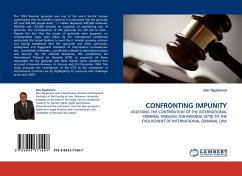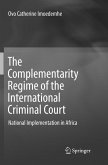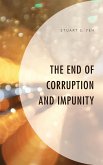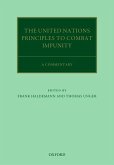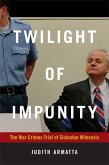The 1994 Rwanda genocide was one of the worst horrific human catastrophes that has befallen mankind. it is estimated that the genocide left over 800,000 people dead , 1.7 million displaced, 400,000 widowed, 500,000 and 130,000 arrested on suspicion of committing acts of genocide. The consequences of this genocide are still felt to date . Despite the fact that the causes of genocide were apparent, no commendable steps were taken by the international community particularly the United Nations to avert the it. Amidst growing criticism and having established that the genocide and other systematic, widespread and flaggarant violations of international humanitarian law committed in Rwanda constituted a threat to international peace and security' the UN adopted Resolution 955 establishing the International Tribunal for Rwanda (ICTR) to prosecute all those responsible for the genocide and other human rights violations that occurred in Rwanda between 1st January and 31st December 1994. This study evaluates the contribution of the ICTR to the evolvement of International Criminal Law by highlighting its successes and challenges as by early 2009.
Bitte wählen Sie Ihr Anliegen aus.
Rechnungen
Retourenschein anfordern
Bestellstatus
Storno

